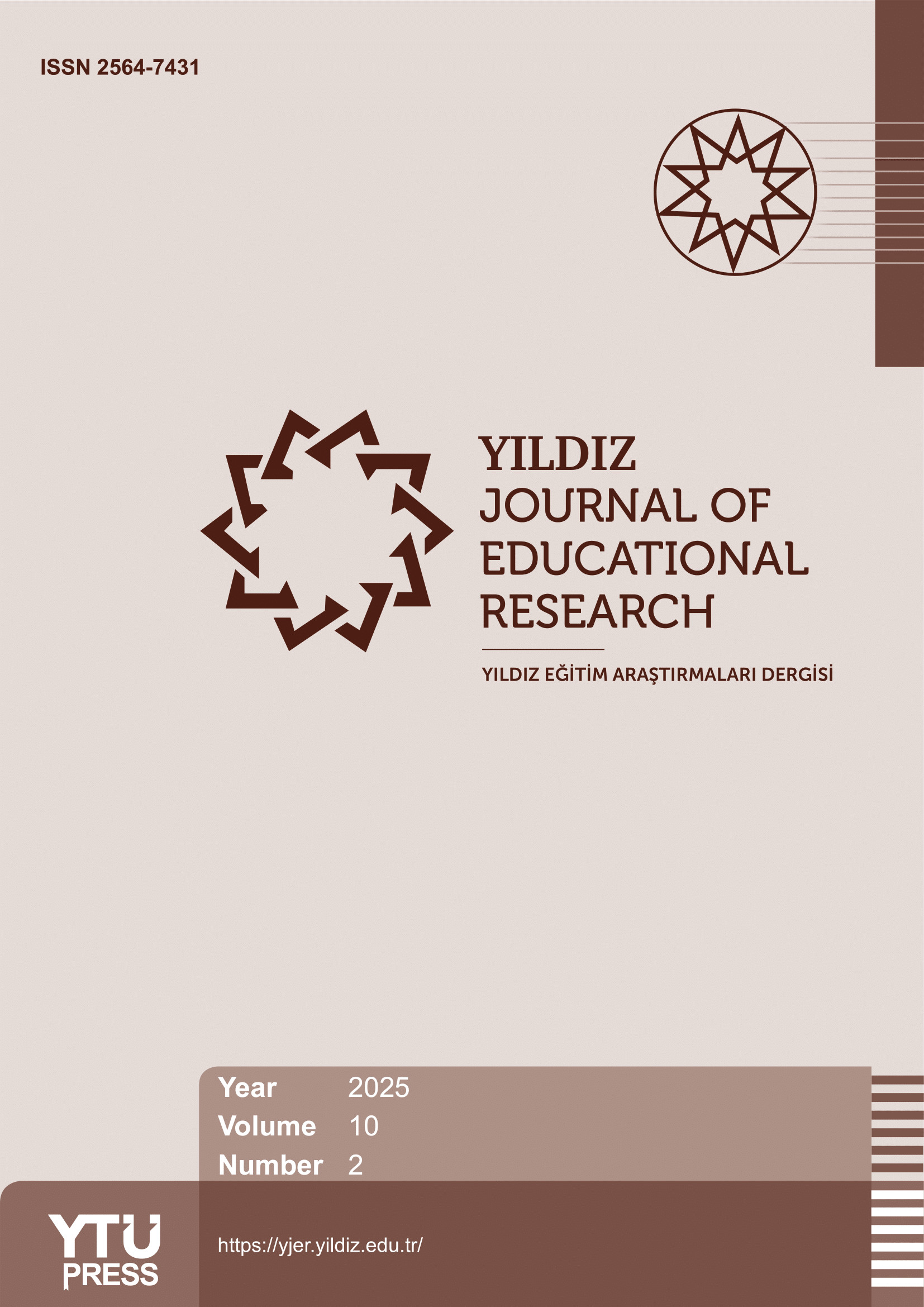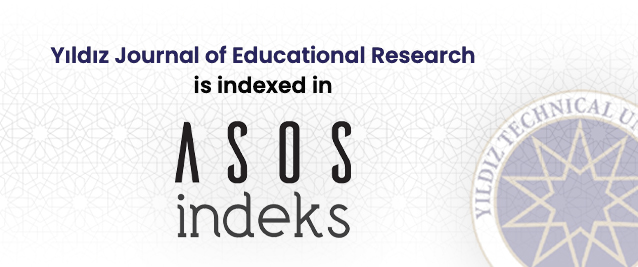Abstract
Online education has been one of the most discussed educational phenomena in literature. However, it has not been a common experience for all shareholders of educational settings until the global pandemic. Compulsory online transmission in educational settings has turned into a common experience for all shareholders of educational practices around the globe rather than an option for traditional classroom-based instruction. The present study aims to explore the perceptions of EFL instructors and faculty regarding their online teaching practices through elicited metaphor analysis. To this end, 75 participants’ metaphoric utterances were collected and coded through content analysis according to their gender, general teaching experience, and online teaching experience. Two categories and 17 themes have been identified. The results indicate a nuance between the positive and negative perceptions about online teaching according to gender and online teaching experience and a slight difference between general teaching experience and perceptions. Overall, participants have adopted a negative perception of their online teaching experience.
Çevrimiçi eğitim, literatürde en çok tartışılan eğitim olgularından biri olmuştur. Ancak küresel salgına kadar eğitim ortamlarının tüm paydaşları için ortak bir deneyim olmamıştır. Eğitim ortamlarında zorunlu çevrimiçi aktarım, geleneksel sınıf temelli öğretim için bir seçenek olmaktan çok, dünyadaki tüm eğitim uygulamalarının tüm paydaşları için ortak bir deneyime dönüşmüştür. Bu çalışma, metafor analizi tekniği ile İngilizce öğretim görevlilerinin ve öğretim üyelerinin çevrimiçi öğretim uygulamalarına ilişkin algılarını araştırmayı amaçlamaktadır. Bu amaçla 75 katılımcının metaforik ifadeleri toplanmış ve cinsiyetlerine, genel öğretmenlik deneyimlerine ve çevrimiçi öğretim deneyimlerine göre içerik analizi yoluyla kodlanmıştır. İki kategori ve 17 tema belirlenmiştir. Sonuçlar, cinsiyete ve çevrimiçi öğretim deneyimine göre çevrimiçi öğretime ilişkin olumlu ve olumsuz algılar arasında bir fark olduğunu ve genel öğretim deneyimi ile algılar arasında küçük bir fark olduğunu göstermektedir. Genel olarak, katılımcılar çevrimiçi öğretim deneyimlerine ilişkin olumsuz bir algı benimsemişlerdir.













